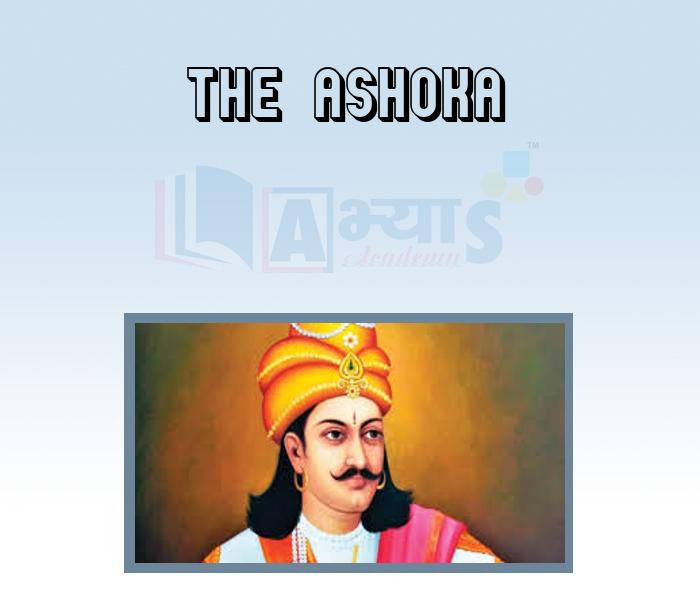The Ashoka


The Ashoka
Ashoka (273-236 RC)
Ashoka emerged not only as the most famous king of the Maurya dynasty, but is also regarded as one of the greatest king of India and the world. His empire covered the whole territory from Hindu Kush to Bengal and extended over Afghanistan,Balachistan and the whole of India with the exception of a small area in the farthest south. The valleys of Nepal and Kashmir were also included in him empire.
The most important event of Ashoka's reign was the conquest of Kalinga (modern Odisha) which proved to be the turning point of his life. The Kalinga war (261 BC) witnessed terrible manslaughter and destruction. The sufferings and atrocities of the battlefield lacerated the heart of Ashoka.
The Reasons of the invasion on Kalinga according to Pliny was _____________ | |||
| Right Option : A | |||
| View Explanation | |||
According to the thirteenth Inscription of Ashoka ______________ number of people were killed in Kalinga war. | |||
| Right Option : D | |||
| View Explanation | |||
Before ascending the Maurya throne, Ashoka served as a viceroy of _______________________- | |||
| Right Option : C | |||
| View Explanation | |||
Students / Parents Reviews [10]
I have spent a wonderful time in Abhyas academy. It has made my reasoning more apt, English more stronger and Maths an interesting subject for me. It has given me a habbit of self studying

Yatharthi Sharma
10thBeing a parent, I saw my daughter improvement in her studies by seeing a good result in all day to day compititive exam TMO, NSO, IEO etc and as well as studies. I have got a fruitful result from my daughter.

Prisha Gupta
8thAbhyas Methodology is very good. It is based on according to student and each child manages accordingly to its properly. Methodology has improved the abilities of students to shine them in future.

Manish Kumar
10thA marvelous experience with Abhyas. I am glad to share that my ward has achieved more than enough at the Ambala ABHYAS centre. Years have passed on and more and more he has gained. May the centre flourish and develop day by day by the grace of God.

Archit Segal
7thAbout Abhyas metholodology the teachers are very nice and hardworking toward students.The Centre Head Mrs Anu Sethi is also a brilliant teacher.Abhyas has taught me how to overcome problems and has always taken my doubts and suppoeted me.

Shreya Shrivastava
8thMy experience with Abhyas is very good. I have learnt many things here like vedic maths and reasoning also. Teachers here first take our doubts and then there are assignments to verify our weak points.

Shivam Rana
7thMy experience was very good with Abhyas academy. I am studying here from 6th class and I am satisfied by its results in my life. I improved a lot here ahead of school syllabus.

Ayan Ghosh
8thMy experience with Abhyas academy is very good. I did not think that my every subject coming here will be so strong. The main thing is that the online tests had made me learn here more things.

Hiya Gupta
8thIt was good as the experience because as we had come here we had been improved in a such envirnment created here.Extra is taught which is beneficial for future.

Eshan Arora
8thOne of the best institutes to develope a child interest in studies.Provides SST and English knowledge also unlike other institutes. Teachers are co operative and friendly online tests andPPT develope practical knowledge also.
